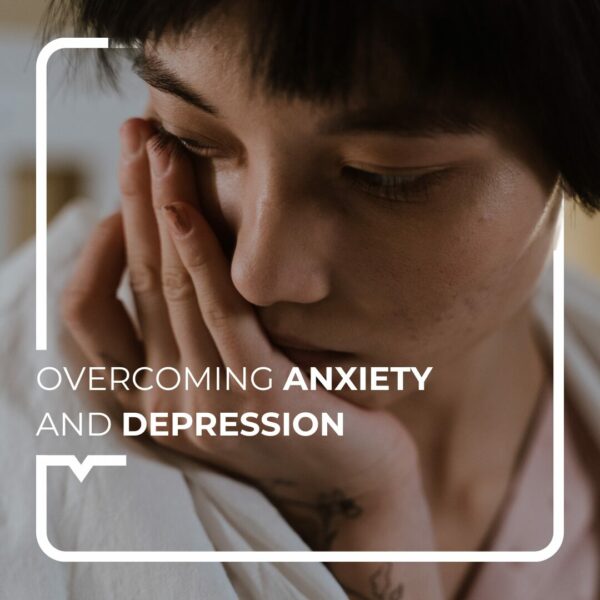Laura, like many others, discovered she was a carrier of the herpes virus after experiencing uncomfortable symptoms such as itching and painful blisters. Although she felt ashamed and anxious at first, Laura learned that herpes is a common infection affecting many people around the world.
Olá, it’s Dr Joy!
Today we’re going to explore herpes, its effects on health and how to live with this viral infection. How can this disease affect not only the body, but also the mind and social relationships?
I – What is herpes?
Herpes is an infection caused by the herpes simplex virus (HSV), which is divided into two types: HSV-1, often responsible for herpes labialis, and HSV-2, mainly associated with genital herpes. This infection is chronic and remains latent in the body, with outbreaks occurring at any time, often in response to triggers such as stress, fatigue or a weakened immune system.
II – Manifestations of herpes
a) Physical effects
- Skin rashes and pain: Typical symptoms of herpes include painful blisters on the lips, mouth or genitals, which can cause itching, burning and severe discomfort. These outbreaks may be frequent or infrequent, depending on the individual.
- Secondary infections: Herpes lesions can become infected, leading to complications such as bacterial infections. In addition, the presence of lesions can increase the risk of contracting other sexually transmitted infections (STIs), including HIV.
- Systemic symptoms: When first infected, some people may experience systemic symptoms such as fever, headache, muscle aches and swollen lymph nodes. These symptoms may be confused with those of other illnesses, making the initial diagnosis difficult.
b) Psychological effects
- Social stigma: Herpes is often surrounded by a social stigma, which can lead to feelings of shame, anxiety and isolation. Many people are reluctant to share their status with partners, which can affect communication and trust in relationships.
- Anxiety and depression: Fear of outbreaks and the impact on social and sexual life can lead to high levels of anxiety and depression. People living with herpes can feel constantly on edge, which affects their mental and emotional well-being.
- Impact on relationships: Herpes can complicate romantic and intimate relationships. Fear of transmitting the virus can prevent people from forming new relationships or feeling comfortable with their current partner. It can also lead to misunderstandings and tensions in relationships.
III – How to deal with this infection on a day-to-day basis?
- Education and awareness: The first step in living with herpes is to learn about the infection. Understanding how it is transmitted, its symptoms and the treatments available can help you manage your condition more effectively and reduce the anxiety associated with the disease.
- Antiviral treatments: Antiviral drugs can help control symptoms and reduce the frequency and severity of outbreaks. It is essential to consult a healthcare professional as soon as possible to discuss the treatment options appropriate to each situation, as treatment is no longer effective beyond 3 days after the first symptoms appear.
- Natural treatments: To strengthen the immune system, you can take a course of zinc and Liposomal vitamin C, advises our specialist Claire Colson. To heal and control the sensitive area, we recommend applying a drop of Niaouli, Ravintsara and Lavender aspic. These essential oils will heal and disinfect the herpes.
- Stress management: Stress is a known trigger for herpes outbreaks. Incorporating stress management techniques into your daily routine, such as meditation, yoga or physical exercise, can help reduce the frequency of symptoms and improve your quality of life.
- Psychological support: Seeking support from a therapist or support groups can help you cope with the psychological aspects of living with herpes. Sharing experiences and concerns with others living with the same reality can reduce feelings of isolation.
Herpes, although a chronic infection, does not define a person. By learning to manage symptoms and being informed, it is possible to live a fulfilling life full of rewarding relationships. Education, communication and good emotional support are essential keys to overcoming the challenges associated with this viral infection.
This information is not a substitute for medical advice.
You must seek the advice of your doctor or another qualified health professional with any questions you may have regarding your health condition.
Sources :



